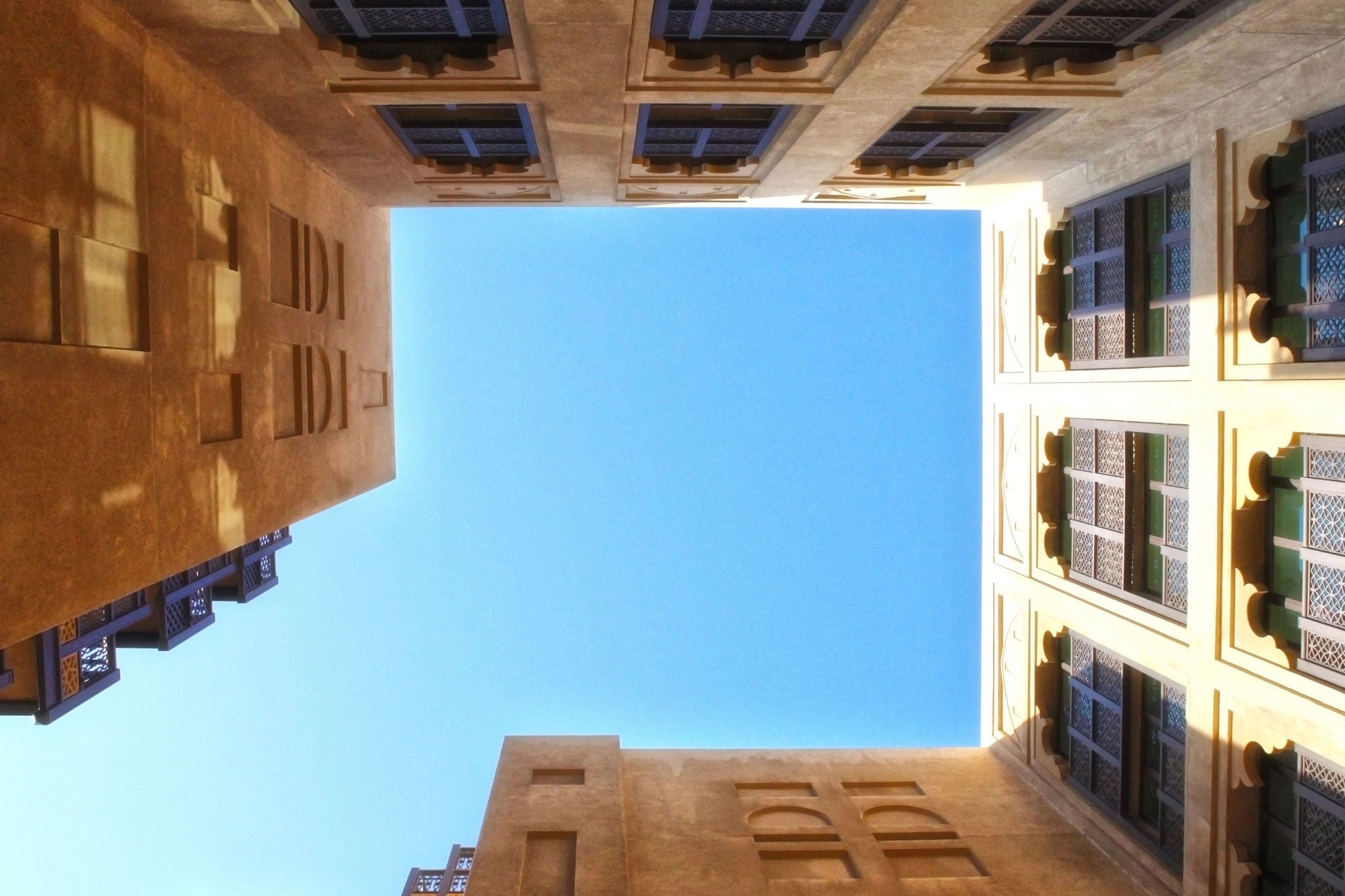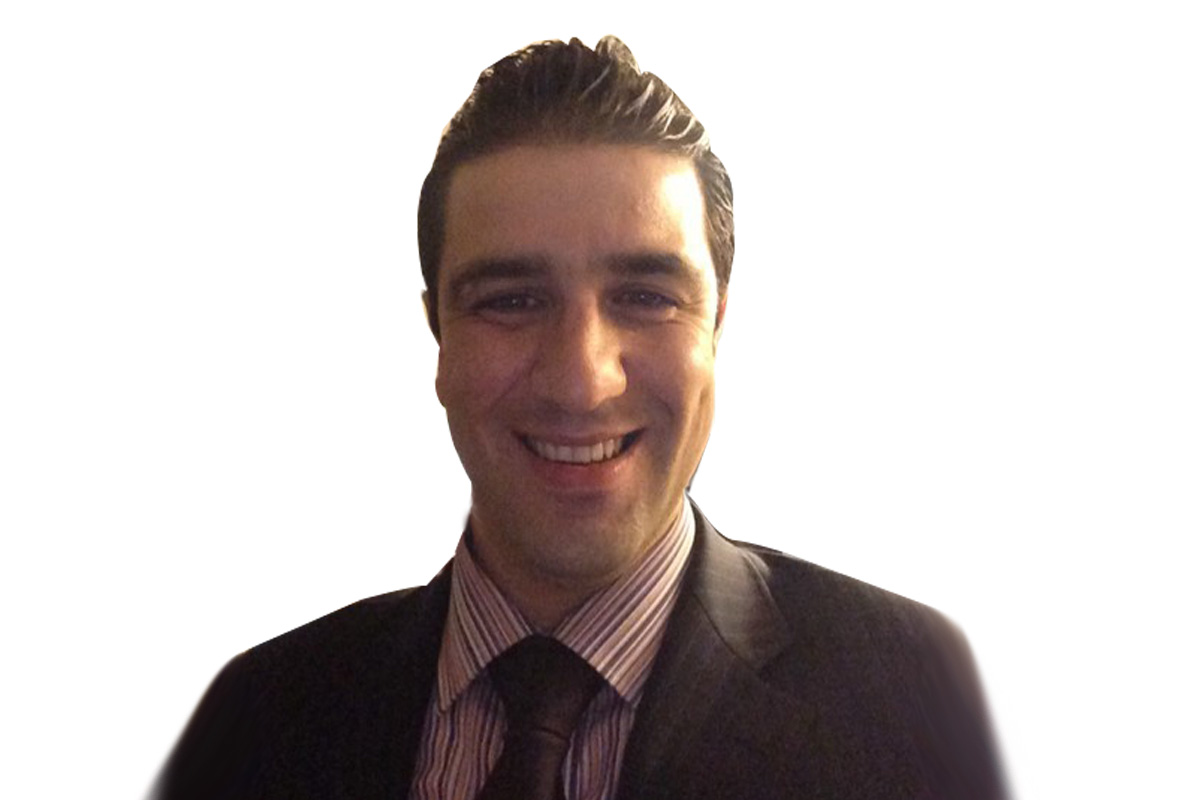EY refers to the Global organization, and may refer to one or more, of the member firms of Ernst & Young Global Limited, each of which is a separate legal entity. Ernst & Young Global Limited, a UK company limited by guarantee, does not provide services to clients.
How EY can help
-
EY Studio+ helps organizations build differentiated experiences that adapt with customers and drive sustainable long-term value. Read more on studio.ey.com.
Read more
Sakan appointed the EY organization in 2021 to help transform the platform, an assignment that we took on partly through our Ripples corporate social responsibility program.
Our initial review identified a range of areas for improvement. When it came to charities, for instance, Jood relied on word of mouth to raise awareness rather than marketing proactively. What’s more, the registration and onboarding process was ad-hoc, lengthy and manual.
Donors, too, found the platform complex. It was relatively time-consuming to identify the families that they were interested in supporting. It was not easy for them to find details about the types of recipients and to learn about the positive effect of their funding on families’ lives.
Turning to the families receiving donations toward their homes, the platform gave little guidance about how to apply for donations.
To fix these problems, EY teams suggested:
- Delivering operational excellence through measures such as a better structure, the right capabilities and skills
- Expanding Jood’s services and offerings
- Making the platform easy and engaging to use, backed by standardized processes
- Forming new strategic partnerships to expand Jood’s reach
- Diversifying Jood’s sources of funding
As part of the process, we compared Jood to a number of similar leading international platforms. This helped us to identify ways to improve the platform. It now has an enhanced strategic plan, operating model and financial model. All of this has put it on a firmer footing, giving the platform a more sustainable future.





